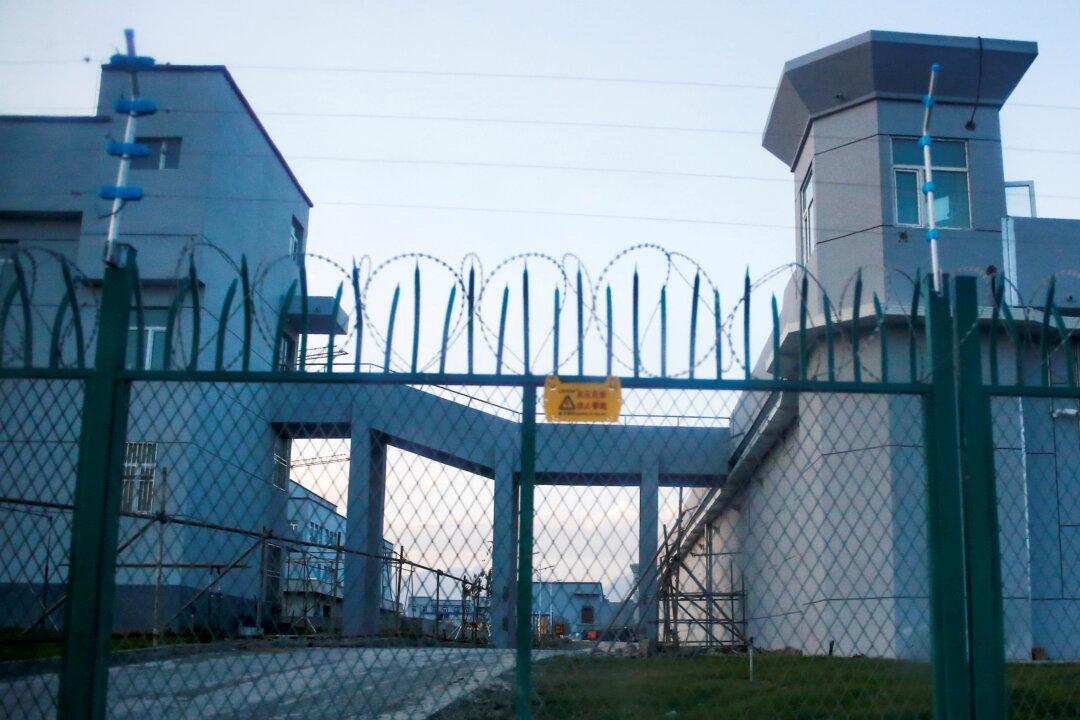Commentary
I live in a small village in eastern Ontario. Within minutes of leaving my home I am in farm country. The surrounding lands are devoted to cattle (dairy) operations and vegetables (largely corn). As a consequence, I see a lot of silos on my drives through the beautiful landscapes.





